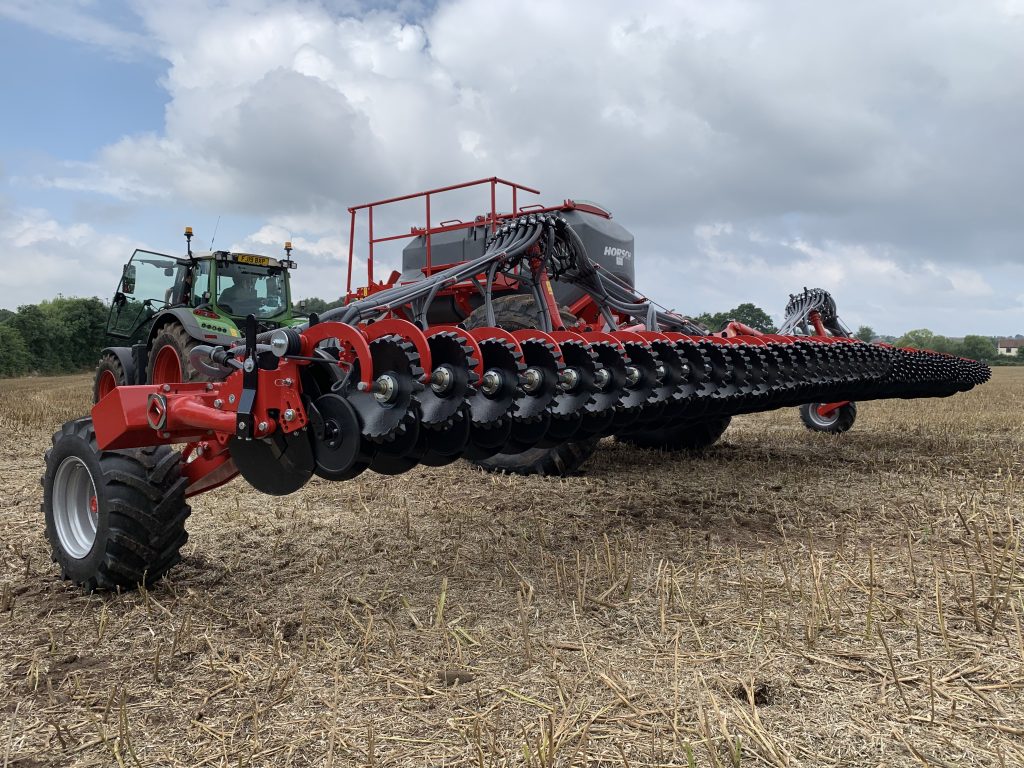We are often asked how much of the UK’s farmed acres are direct drilled. It isn’t easy to answer exactly, but the easy answer is that it is always increasing. Data seems to suggest between 8% and 12% is no-tilled, but given all the confusion over naming, we are not sure that even this is correct. We’ve heard government official talk about minimum-till, when they mean no-till and trying to explain to the same officials about strip-till, no-till and zero-till leaves you little hope of getting the right data out of any survey.
However, we know it is growing out of being a niche to being “normal”. Although we secretly think some of these no-tillers won’t like being called normal! Seeing this trend, it was very interesting to compare this to data that has just been published in the No-Till Farmer magazine from the 2017 Census of Agriculture in the US. This carried the conclusion:
“Growers are moving away from Intensive tillage in favour of no-till, min-till and cover crops.”
The number behind this certainly show we are still well behind the curve in the UK in terms of adoption.
US Tillage Practices 2017
No-Tillage 104M Acres 37%
Reduced Tillage 97M Acres 35%
Intensive Tillage 80M Acres 28%
These figures do vary considerably by state though as you would imagine with the size of the US and the climatic changes across the country. There are a number of states like Nebraska, Montana, Maryland, Delaware, Tennessee are all well over 40% and in some over 50% of acres are no-tilled. However, conservation tillage numbers are lower than this, but growing at a faster rate.
Given the information we are receiving from the government at the moment, with regards to climate and natural capital, it is likely the appetite for no-till practices will become a lot more palatable to farmers in the UK who will be pushed towards new methods of establishment. Therefore, we expect to see the UK numbers grow considerably over the next 10 years. If you are considering going no-till at the moment, we would lobe to hear from you about why you are considering a new method of establishment.
